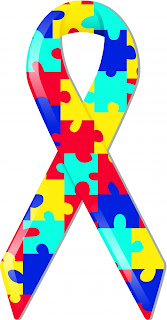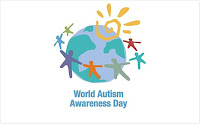My Opinion: Biased, Selfish, Utterly Honest

Last week, I prepared my third blog post for Autism Awareness Month. I wrote it, edited it, let it marinate and edited it again. But I never posted it. I wrote about my frustrations with the way the media handles autism. My position was that journalists – mostly fed by corporate and not-for-profit press releases – are not properly focused when reporting on the spectrum community. In part, I wrote: That’s where the negative perspective is born: a perfect marriage between two industries mostly concerned with their own survival. While those writing press releases and newspaper articles try to justify their own existence, the only people putting the child first are those living on the spectrum every day… You can’t avoid the message the media are selling, which has included the following suggestions: Vaccines cause autism No it’s the environment Kids aren’t being diagnosed early enough Early diagnosis isn’t enough Autism is a growing epid...

